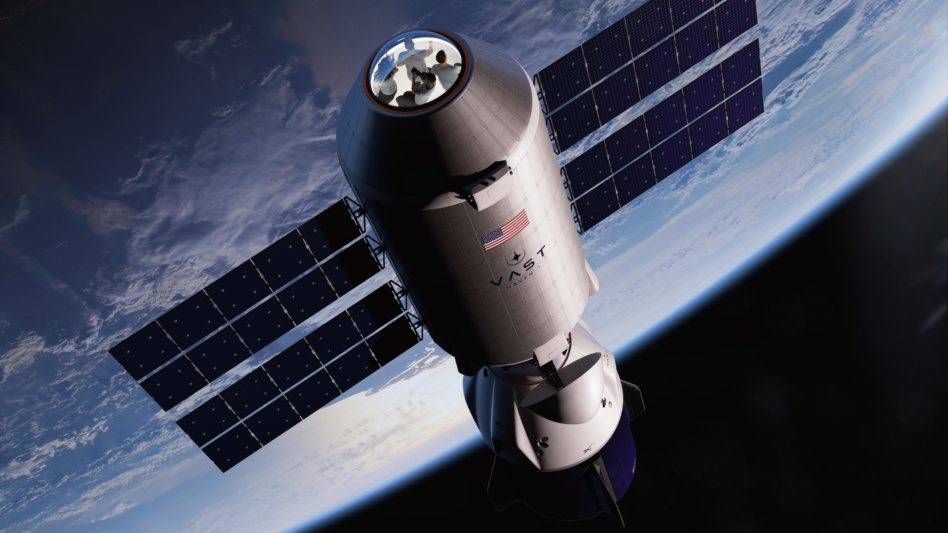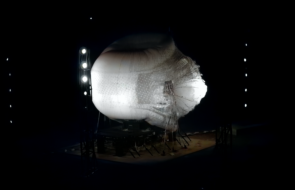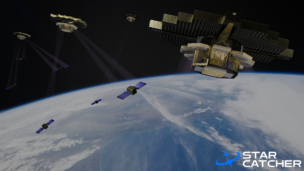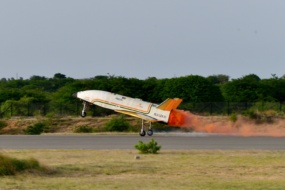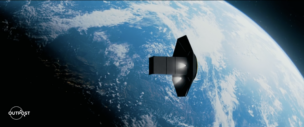Space habitat startup Vast tapped Impulse Space to develop the propulsion system for its Haven-1 LEO space station.
“Our qualified Saiph thruster is a perfect fit for Haven-1’s propulsion requirements. We look forward to collaborating with such a dedicated and like-minded team,” said Impulse chief Tom Mueller.
Orbital workshop: Vast intends to deploy Haven-1 to LEO by 2025, which would likely make it the first commercial space station. In May, the company unveiled its Haven-1 station, announcing that SpaceX would launch the spacecraft and provide taxi services to the future habitat. Crews will stay at the station for up to 30 days, carrying out scientific research and machining.
- “We want to support research. We also think of ourselves as an orbital machine shop, where people can build things in orbit,” Jed McCaleb told Payload last year.
The large commercial station will need to be equipped with an effective propulsion system to maintain a stable orbit, which is where Impulse comes in.
Firing in: Established in 2021 by SpaceX founding member Tom Mueller, Impulse is developing in-space propulsion capabilities to support a suite of transportation services. The company qualified its Saiph thruster in May and will be commissioned in space for the first time on an October mission.
“To support our goal to launch Haven-1 in just over two years and become the world’s first commercial space station, we decided to partner on multiple subsystems to increase the likelihood of meeting our timeline with full mission success,” McCaleb said.
